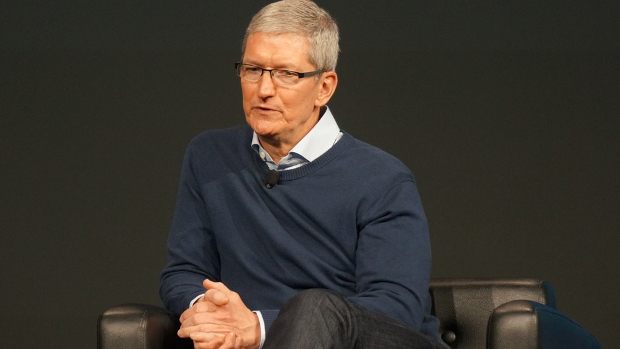 Thirteen billion euro. What a wonderful result for Ireland. It’s like the nation won the lottery. What will we spend it on? Think of all the problems the Government could address in one fell swoop. Money for hospitals? That half a billion shortfall in the health budget? Done. Funding for schools and universities? More ICT training and courses? No problem. Fixing the housing crisis? Just press the home button. Do you accept Apple Pay?
Thirteen billion euro. What a wonderful result for Ireland. It’s like the nation won the lottery. What will we spend it on? Think of all the problems the Government could address in one fell swoop. Money for hospitals? That half a billion shortfall in the health budget? Done. Funding for schools and universities? More ICT training and courses? No problem. Fixing the housing crisis? Just press the home button. Do you accept Apple Pay?
Hold on. What’s that, you Ministers entrusted to deliver public services? You don’t want the money? You want the decision overturned? And if an appeal fails, you’ll only use the money to pay down the national debt?
I can’t speak for everybody, but I’m fairly certain the electorate doesn’t vote in governments to make deals with multinationals that contravene EU state aid rules. Nor, given the choice, would the electorate vote for a ‘windfall’ (a strange word to use for money that should have been paid in the first place) they’ll never see the benefit of. Besides, people in Ireland are probably used to sleeping on trolleys; going to school in prefab classrooms; not being able to afford a house; living in B&Bs; or sleeping on the streets. I suspect they’re used to it in the same way Apple became used to paying less and less tax to the State. According to the European Commission’s report, Apple’s tax rate in Ireland between 2003 and 2014 declined from 1% to 0.005%.
Apple CEO Tim Cook has vociferously denied that the company received any special treatment, which is either a) worrying or b) intriguing. It’s worrying because it suggests there may be deals with other multinationals that similarly violate EU state aid rules. It’s intriguing because it suggests the Irish people could be due an even bigger windfall as other companies are forced to settle their back taxes as well.
A historic case
In an open letter, Cook argues Apple is now “in the unusual position of being ordered to retroactively pay additional taxes to a government that says we don’t owe them any more than we’ve already paid”. But his letter concentrates its fire on the rights and wrongs of taxes paid under the tax regime not the substance of the EC case, which is that the tax regime itself was a form of illegal state aid.
When it launched the investigation in 2014, the EC stated: “According to Article 107(1) of the Treaty on the Functioning of the European Union (TFEU), state aid which affects trade between Member States and threatens to distort competition by favouring certain undertakings is in principle incompatible with the EU Single Market. Selective tax advantages may amount to state aid.”
Cook moans that the Commission’s case means “every company in Ireland and across Europe is suddenly at risk of being subjected to taxes under laws that never existed” but that isn’t the EC’s case at all. One suspects he is being a tad disingenuous here as the laws or rules governing state aid have existed for quite some time.
Cook says Apple supports international tax reform but that “changes should come about through the proper legislative process in which proposals are discussed among the leaders and citizens of the affected countries”. Which is ironic, really, when you consider the proposals for Apple’s deals in 1991 and 2007 may have been discussed “among the leaders” but they definitely weren’t made public knowledge.
Still, it’s good to know the Government will be appealing the Commission’s decision that such minuscule tax rates are unfair and anti-competitive. It’s great to see ministers going to bat for the little guy. You know, like they did after the 2011 election when they stood up for the Irish people against the Troika and negotiated such a fantastic deal for us all (and our children). Let’s hope they fight as hard for Apple. That way, we can guarantee the €13 billion will be heading our way.








Subscribers 0
Fans 0
Followers 0
Followers